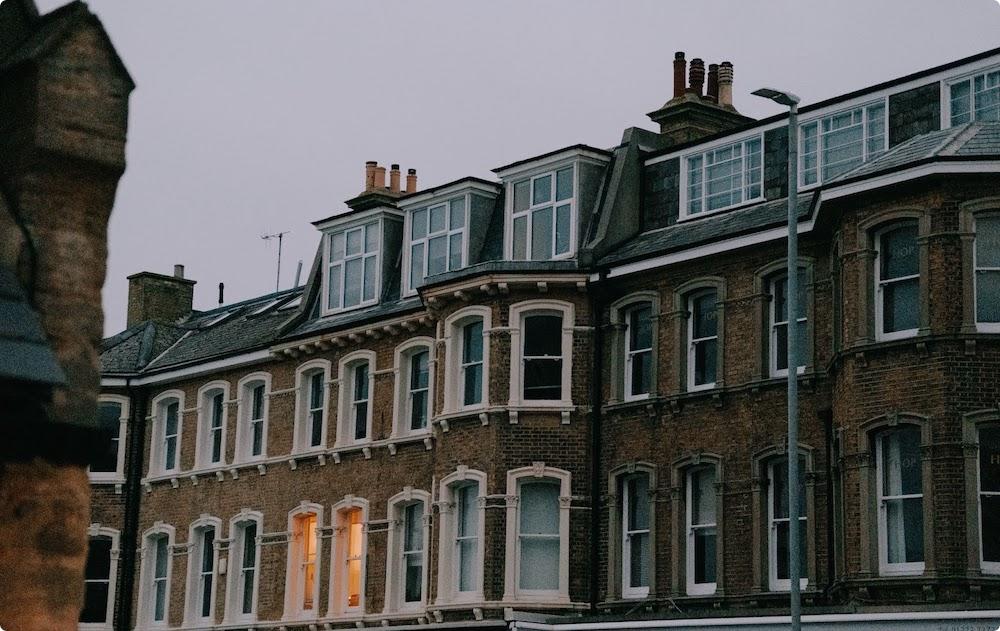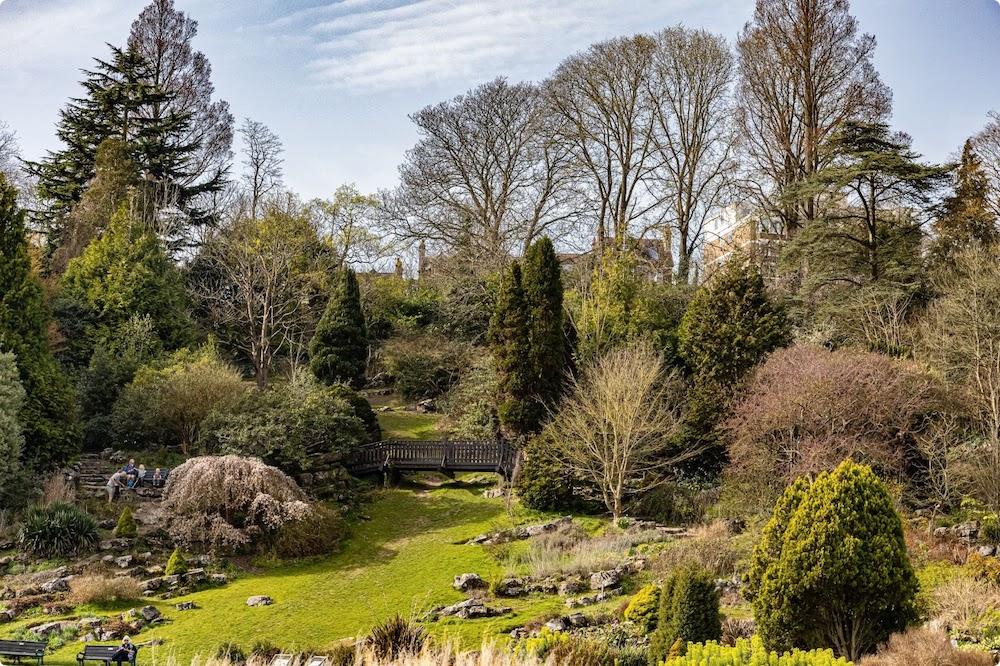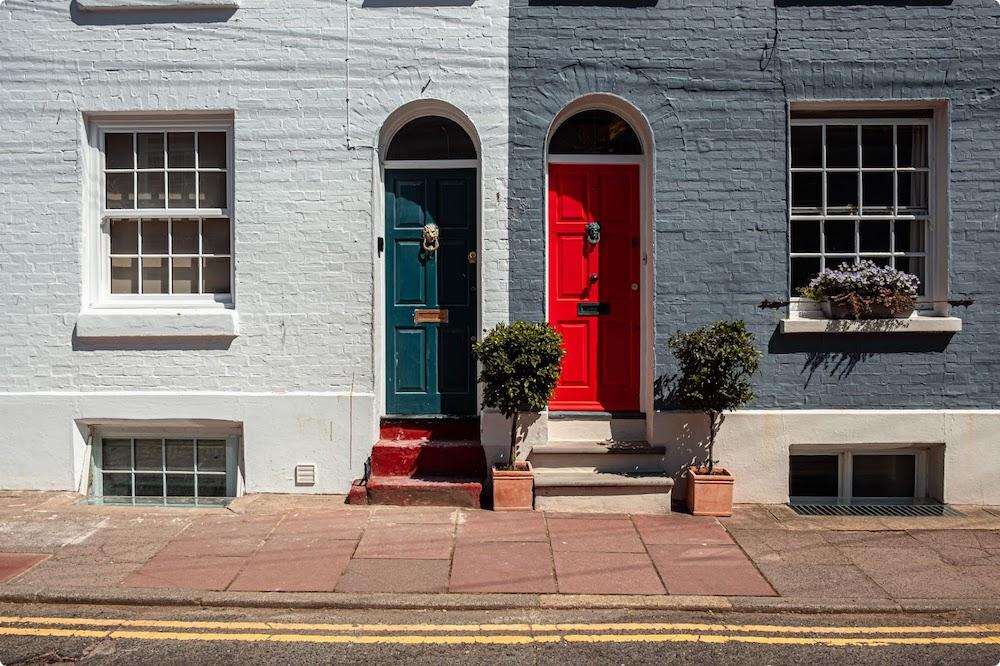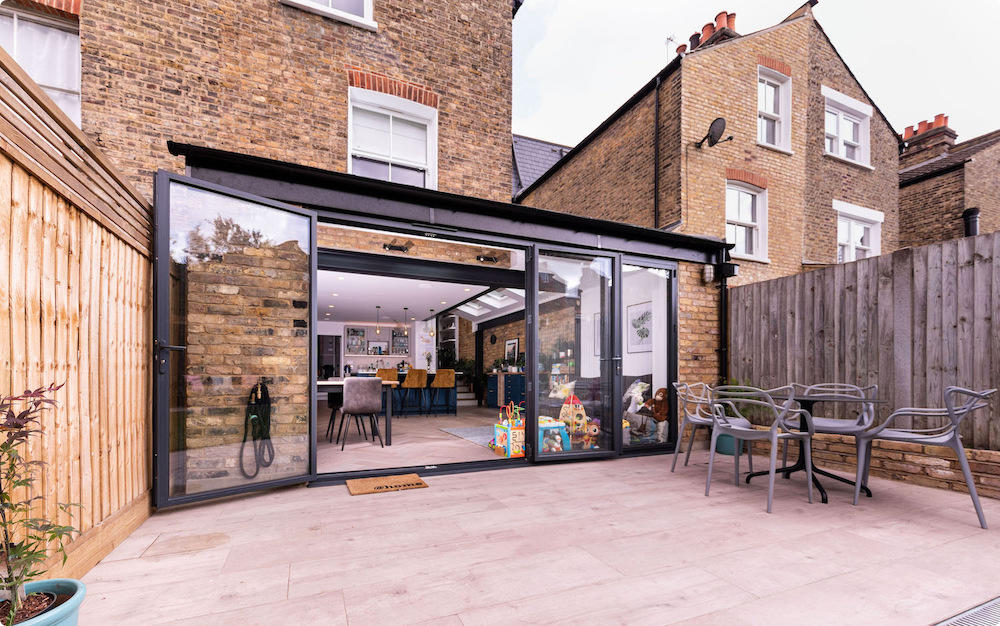If you’re looking to build an extension on your Brighton and Hove property and need planning or design advice, you’ve come to the right place.
In this article, we’ll provide detailed information and advice about the home extension process in Brighton and Hove. We’ll cover how to prepare for your project and give yourself the best chance of securing planning permission. We’ll also cover the costs of building extensions in Sussex.
So, why trust us? We’re Resi, the leading architectural practice in the UK with over 6,000 home extensions under our belt and an overall 91% planning approval rate. From the data and experience we’ve gathered over the past 6 years, we’re confident that we can help you make informed decisions.
How to prepare for your home extension project in the Brighton and Hove area?
Full disclosure: it won’t be a walk in the park. That being said, by understanding every important step of the extension process in your area, you can minimise the risks. You’ll better your odds of building your new space without blowing your budget and extending your deadlines along with your home.
First things first, design is crucial. Every other aspect of your project will depend on the quality and details of your drawings.
#1 Estimate your costs and timeline upfront
Without a good design, you won’t be able to calculate how much your project will cost. No builders in Brighton can accurately assess your building costs without detailed architectural and technical drawings.
Simply put, the estimate you get is reflected by the level of detail you give to your builder. With a sketch drawn on the back of an envelope, you’re risking nasty surprises down the line and could see costs go through your yet-to-be-extended roof.
And good design will allow your contractor to properly assess how long the building work will take. If you have to stay elsewhere during the work, you need to know for how long (that’s part of your budget).

#2 Get planning permission on your first attempt
At Resi, we have a 96% planning approval rate in the Brighton and Hove area, so we know a thing or two about planning applications (it’s not bragging if it’s true, right?).
In 2022, Brighton and Hove council reviewed 988 planning applications. That’s a lot of applications. That’s why we advise you to make the local councillor’s life easier by submitting a detailed design that leaves no stone unturned. That way you won’t risk councillors misinterpreting your plans. Give them all the information they need to avoid time-consuming back-and-forths.
What’s more, from our experience and data in the Brighton and Hove area, it takes an average of 8 to 9 weeks to get a response from the council, whether or not it’s positive or negative. That’s why if you don’t want to slow down the process, it’s best to get an architect to design your extension and create quality drawings.
The best way to go about this is to first get a measured survey of your property to get existing drawings. From there, you can add your extension and make sure it doesn’t impact your neighbours or neighbourhood.
Local context and precedent
Another piece of advice: look for precedents in your area. From our experience in the Brighton and Hove area, we know that the most popular extension by far is the single-storey extension, whether on the ground or first floor (on top of another extension). There are quite a few loft and garage extensions as well. These are facts to keep in mind when deciding what extension you want to go for, particularly if you want to play it safe and have better odds of getting your project approved.
Every week, Brighton and Hove City Council publish the list of planning applications that were submitted in every neighbourhood. You can check that list and look up your area to see what kind of extensions and alterations homeowners like you are looking to build.
The local context, i.e. the “important qualities and characteristics of the neighbourhoods or streets” (see Brighton and Hove City Council’s website for guidelines) are essential to get planning approval. For instance, you won’t be able to build the same types of extensions if you live in a Victorian terraced house in the Hanover area of Brighton, in a semi-detached house in West Hove or in a detached house in the Hangleton area of Hove.

Conservation areas
If you live in a conservation area (which accounts for 9% of Brighton and Hove) or an area of outstanding natural beauty then the rules for extending your property are even more strict. After all, over 40% of Brighton and Hove is within the South Downs National Park. This is a complex matter and you should seek the help of professional architects if you’re really serious about that extension. If you’re not sure, you can look up your street in the Brighton and Hove street directory of all conservation areas within the city.

#3 Using your Permitted Development rights safely
What does that mean? In some cases – mostly for simpler, smaller or more standard extensions – you won’t necessarily need to apply for a full planning permission. In other words, you’ll be able to build your extension without asking Brighton and Hove City Council first.
But the rules are strict when it comes to Permitted Development. To make sure your home extension is legal you can read the Updated Guide for Extensions and Alterations on the Brighton and Hove City Council website before starting your project or get guidance from a professional architect.
The best way to future-proof your extension under Permitted Development is to get a Lawful Development Certificate from the council. It involves a bit of bureaucracy but it is easier to get than planning permission. It will ensure your project is legal at the point of construction. Which might be crucial for future buyers if you try to sell your property in the future – or if a new neighbour starts complaining about your home.
#4 Get your neighbours’ go-ahead
This is something that Brighton and Hove City Council will look for. Do you have your neighbours’ agreement to build your extension? Will it negatively impact their right to light and/or privacy?
In the Brighton and Hove area, 40% of properties are terraced or semi-detached houses. And we’re not talking about apartment buildings and flats. So, more likely than not, you’ll share a wall with someone and will need a Party Wall Agreement to proceed with your project.
Our advice: get detailed designs and even 3D drawings, a shepherd's pie and a bottle of wine and discuss your project with your neighbours before applying for planning. Get them on board to avoid wasting time and money.
#5 Listen to what Brighton and Hove City Council has to say
The City Council offers pre-application planning advice services. Our expert planning team (with former planning officers on it) can also help you understand the procedure and submit your application.
By simply following the guidelines and listening to the City Council’s advice, you’ll increase your chances of getting that extension approved and underway.
Note that the application is not free. If you want to calculate your planning fees, use this online form from the Planning portal.
What does the home extension process look like in Brighton and Hove?
Let’s sum up what you should do to get planning permission and your dream extension in Brighton and Hove:
- Talk to an architect, they can guide you through the whole process
- Get your property measured up (measured survey)
- Get the architect to create the existing drawings
- Together, you’ll design your new space based on your existing drawings, wish list and the rules of Brighton and Hove City Council
- Submit your project for planning approval
- Be patient, it can take a while
- When you get permission, ask your architect for Building Regulations drawings, those providing all the technical specifications your contractor needs to provide the best possible build.
- Get a few quotes from local contractors (we can help you find local builders if you need to)
- Your extension is on its way!
How much do home extensions cost in the Brighton and Hove area?
There’s no one-size-fits-all when it comes to extension costs because each property and project is so individual. While we can estimate amounts but it’s not an exact science and will depend on a number of factors – from the makeup of your existing property to the size of the extension, the specific materials used, contractors and the specific area you live in. With that in mind, here are general cost estimates from the Resi team for the Brighton, Hove and East Sussex area:
- Single-storey extension: £60-100K
- Two-storey extension: £100-180K
- Rear extension: £70-100K
- Side extension: £80-100K
- Wraparound extension: £90-100K

How can Resi help me?
If you’re still exploring your options and aren’t quite sure what you want, we can help you wrap your head around costs, planning, and financing options:
- Use our free online cost calculator to get an estimate of your building costs
- User our free online value-added calculator to understand how much value you can add to your property with an extension
- Use our free online Permitted Development tool to know whether you can build under Permitted Development rights or if you will need planning permission
- Use our free online Finance form to compare the latest rates for loans to transform your home (Resi has access to 90 different lenders)
- Finally, you can download your free Home Improvement Report to understand which home extensions you’re likely to secure planning approval for and how much they’ll cost
If you’ve already explored your options and are ready to start talking to an architect and move forward with your project, you should book a free architectural consultation with our in-house home extension specialists. They’ll answer any questions you have and will be able to give you bespoke quotes for your extension design.
We can also take care of the bureaucracy for you. As you might know by now, the planning procedure is quite complex and is better handled by specialists like our in-house planning team of former planning officers.




























